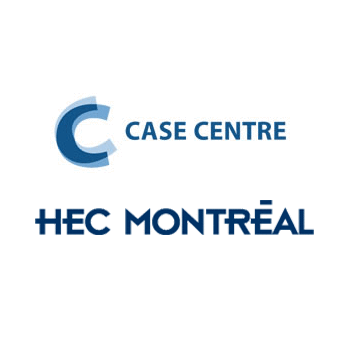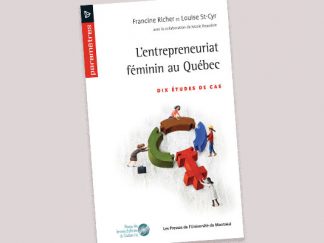Description
Sugaring Off During a Pandemic: How a Tradition Was Saved: Abstract
In August 2021, Stéphanie Laurin, general manager of the Chalet des Érables sugar shack, was reflecting on the traumatic turn of events that had forced its closure the previous year. The family business she had inherited from her grandfather had narrowly escaped bankruptcy when the Quebec government had ordered the closure of all non-essential services following the outbreak of the deadly coronavirus pandemic (COVID-19). Fortunately, the Ma cabane à la maison project, a boxed meal delivery service run by the owners of 70 commercial sugar shacks, had enabled the businesses to cope with the loss of income caused by the pandemic.
As she closed the books for the year, Laurin was troubled. Although a return to normalcy finally seemed possible, she had mixed feelings: How would she and her partners in the Ma cabane à la maison initiative adapt to the post-pandemic world? Would the essential partners be willing and able to continue the project? She wasn’t sure the two approaches were complementary. So what should they do now?
Teaching objectives
The case introduces students to the motivations behind and success factors of relational alliances, exploring how, if well managed, these relatively informal alliances can support companies experiencing difficulties or facilitate the growth and development of the partners. After studying the case, students will be able to do the following:
- distinguish market and nonmarket relational alliances; understand the reasons for forging alliances;
- understand the risks and opportunities of relational alliances;
- understand the success factors of alliances;
- understand the interests of alliance partners during its structuring; anticipate the challenges and opportunities of coopetition between competitors in alliances;
- formulate recommendations for the pursuit of alliances in a dynamic context;
- understand the changing nature of alliances in terms of value creation and capture.
Additional information
Also available in French.
Teachers’ notes are available for university teachers only. Please contact the HEC Montréal Case Centre.







Avis
Il n’y a pas encore d’avis.